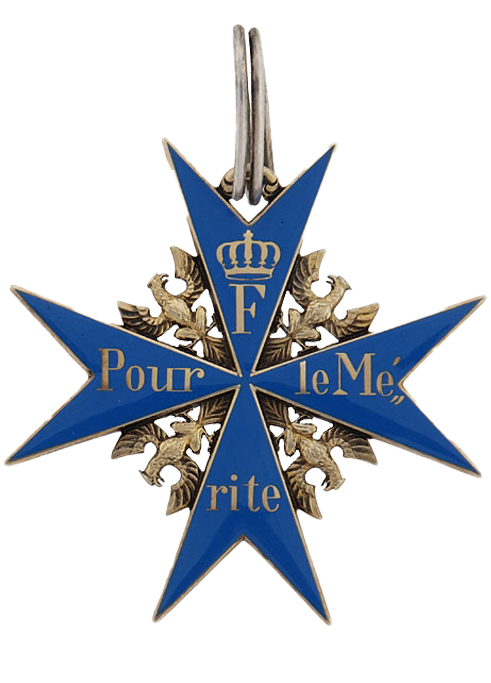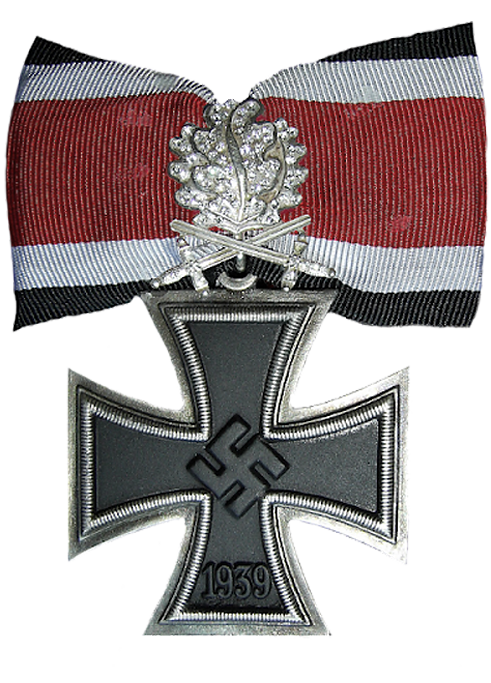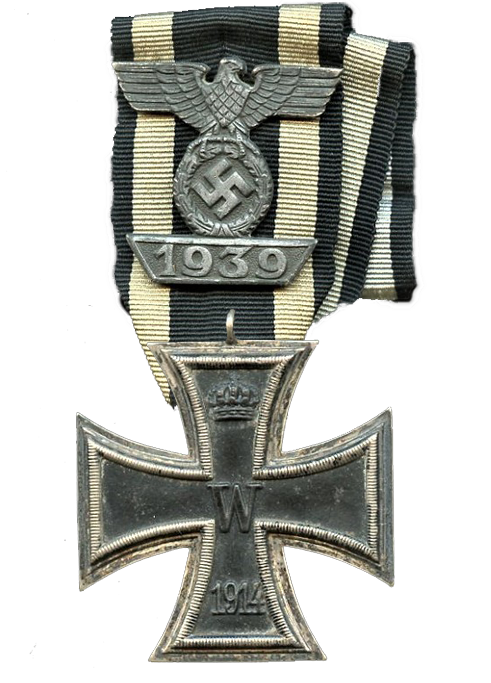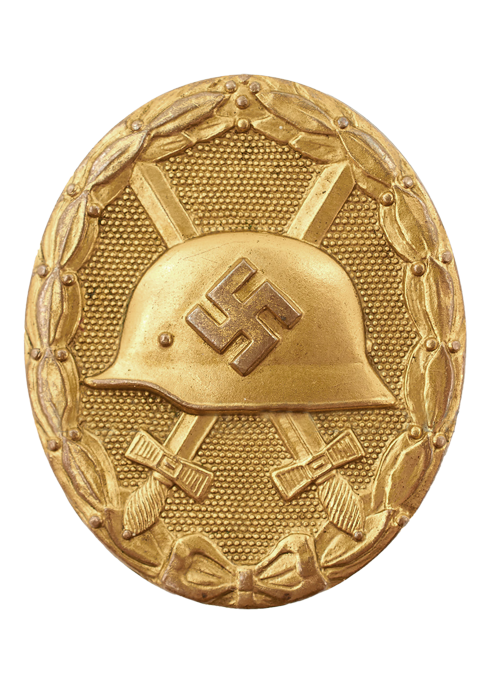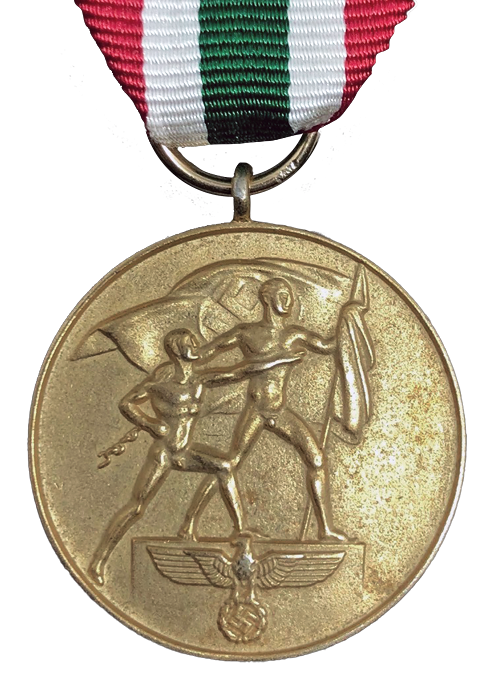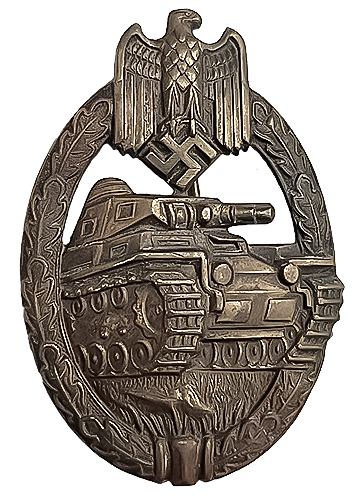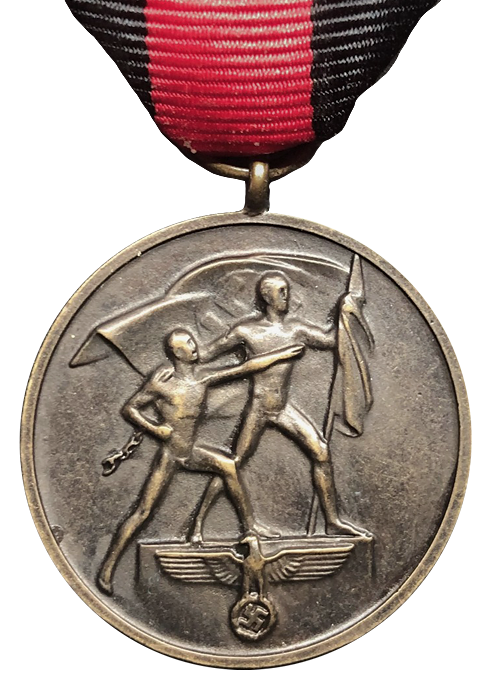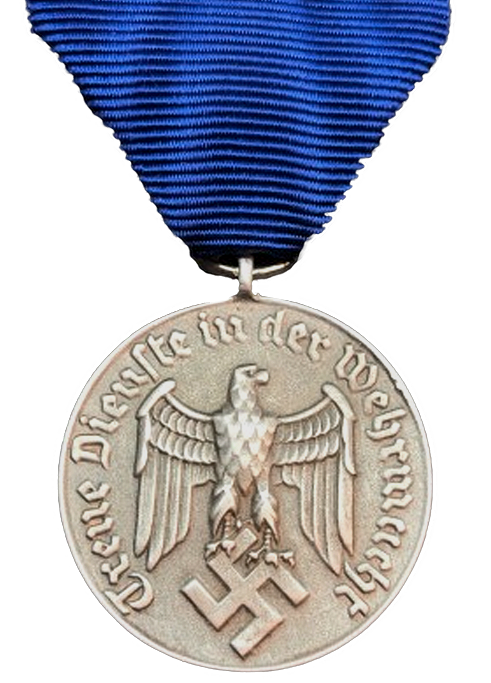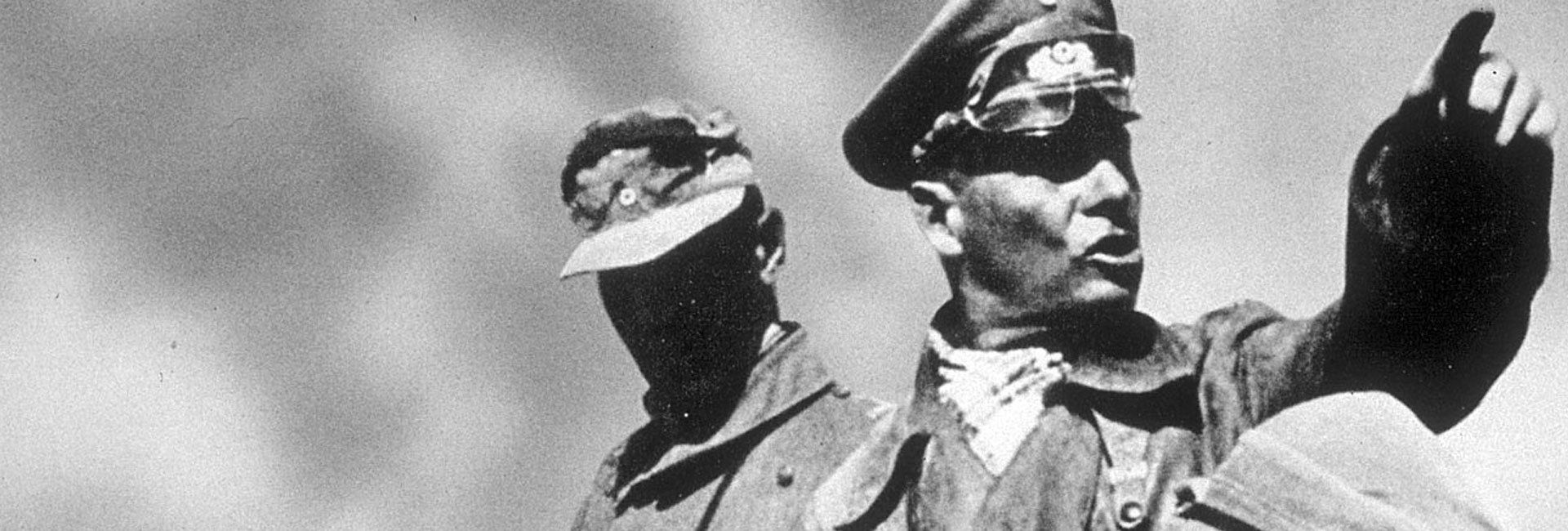
Life and death of Erwin Rommel
Life and death of Erwin Rommel, the facts
Johannes Erwin Eugen Rommel (15 November 1891 - 14 October 1944) nicknamed The Desert Fox was a German general and military theorist. Popularly known as the Desert Fox, he served as field marshal in the Wehrmacht (Defense Force) of Nazi Germany during World War II, as well as serving in the Reichswehr of the Weimar Republic, and the army of Imperial Germany.
Rommel was a highly decorated officer in World War I and was awarded the Pour le Mérite for his actions on the Italian Front. In 1937 he published his classic book on military tactics, Infantry Attacks, drawing on his experiences in that war. In World War II, he distinguished himself as the commander of the 7th Panzer Division during the 1940 invasion of France. His leadership of German and Italian forces in the North African campaign established his reputation as one of the most able tank commanders of the war, and earned him the nickname der Wüstenfuchs, "the Desert Fox". Among his British adversaries he had a reputation for chivalry, and his phrase "war without hate" has been used to describe the North African campaign. He later commanded the German forces opposing the Allied cross-channel invasion of Normandy in June 1944.
Rommel supported the Nazi seizure of power and Adolf Hitler, although his reluctant stance towards antisemitism and Nazi ideology and his level of knowledge of the Holocaust remain matters of debate among scholars. In 1944, Rommel was implicated in the 20 July plot to assassinate Hitler. Because of Rommel's status as a national hero, Hitler desired to eliminate him quietly instead of immediately executing him, as many other plotters were. Rommel was given a choice between committing suicide, in return for assurances that his reputation would remain intact and that his family would not be persecuted following his death, or facing a trial that would result in his disgrace and execution; he chose the former and committed suicide using a cyanide pill. Rommel was given a state funeral, and it was announced that he had succumbed to his injuries from the strafing of his staff car in Normandy.
Rommel has become a larger-than-life figure in both Allied and Nazi propaganda, and in postwar popular culture, with numerous authors considering him an apolitical, brilliant commander and a victim of the Third Reich although this assessment is contested by other authors as the Rommel myth. Rommel's reputation for conducting a clean war was used in the interest of the West German rearmament and reconciliation between the former enemies - the United Kingdom and the United States on one side and the new Federal Republic of Germany on the other. Several of Rommel's former subordinates, notably his chief of staff Hans Speidel, played key roles in German rearmament and integration into NATO in the postwar era. The German Army's largest military base, the Field Marshal Rommel Barracks, Augustdorf, is named in his honour.
Death
On 20 July 1944, Claus von Stauffenberg and other conspirators attempted to assassinate Adolf Hitler inside his Wolf’s Lair field headquarters near Rastenburg, East Prussia. The name Operation Valkyrie originally referring to part of the conspiracy has become associated with the entire event. Hitler turned completely paranoid and had everyone investigated. Therefor also Rommel’s contact with the conspirators. Hitler was enraged and offered Rommel the opportunity of an "Honourable Death" or he would face a trial for high treason.
Forced suicide
From the memoirs of Rommel's son Manfred (15 years old and a Luftwaffenhelfer or Flakhelfer a term conscripted for child soldiers at the time): My father came upstairs and went into my mother's room. Curious to know what was going on I followed him. He was standing in the middle of the room with a pale face. 'Come with me Manfred' he said in a light voice. We stepped into my room. 'I just told your mother, that I shall be dead in a fifteen minutes.' He continued calmly: 'To die by the hand of one's own people is hard. But the house is surrounded by German troops as Hitler is charging me with high treason. In view of my services in Africa he said sarcastically, I have been given the "opportunity" to die by poison. The two generals Burgdorf and Maisel who came over from Berlin have brought it with them. The cyanide capsule is fatal in three seconds. If I accept, no reprisals will be taken against my family. They will also leave my staff alone'. Rommel accepted the devilish proposal as he wanted to spare his loved ones at all costs. On October 14th 1944 wearing his Afrika Korps jacket and carrying his field marshal's baton, he got into Burgdorf's car, driven by SS Master Sergeant Heinrich Doose. Just outside the village the car pulled over. Doose and Maisel stepped out and walked away from the car. Five minutes later Burgdorf gestured to the two men to return to the car. Doose noticed that Rommel was slumped over. He was taken to the Wagner-Schule field hospital. Ten minutes later, they telephoned Rommel's wife Lucia Maria Mollin (1894- 1971) to inform her of the death of her husband.
The official story of Rommel's death, as reported to the public, stated that Rommel had died of war wounds and complication of the skull fractures he had suffered when an Allied plane strafed his Horch 830 BL staff car in Normandy. On July 17th 1944 Rommel was travelling to meet with his battle commanders to try and turn the tides of the Invasion. At around 17:00 about half an hour after leaving the Command Post of the 1st SS Panzer Corps led by Sepp Dietrich, Rommel's staff car was strafed by Allied aircraft. Other people in the car were Oberfeldwebel Karl Daniel his regular driver (who later died of his wounds), staff members Hauptmann Hellmuth Lang, Major Neuhaus (sustained minor injuries) and Feldwebel Hoike (who acted as an aircraft lookout). The event occured on the N179 (now D579) road from Vimoutiers - Livarot . The RAF credits the 602 Squadron (based at Longues-sur-mer) for taking out the staff car out but there are a number of other claimants.
As Rommel was a German hero, Hitler ordered an official day of mourning in commemoration. Rommel was also given a state funeral. The fact that his state funeral was held in Ulm instead of Berlin had, according to his son Manfred, been stipulated by Rommel. Hitler sent Field Marshal von Rundstedt, who was unaware that Rommel had died as a result of Hitler's orders, as his representative at Rommel's funeral. The body was cremated so no incriminating evidence would be left. The truth behind Rommel's death became known to the Allies when intelligence officer Charles Marshall interviewed Rommel's widow, Lucia Rommel, as well as from a letter by Rommel's son Manfred in April 1945. Rommel's grave is located in Herrlingen, a short distance west of Ulm. For decades after the war on the anniversary of his death, veterans of the Africa campaign, including former opponents, would gather at his tomb in Herrlingen.
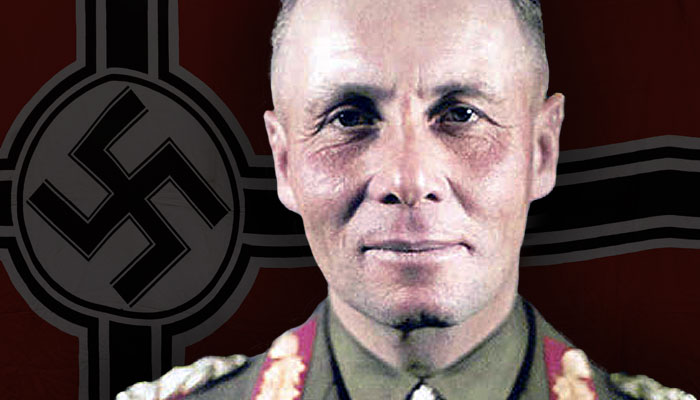
-
Born: 15 November 1891
-
Heidenheim an der Brenz, Kingdom of Württemberg, German Empire
-
Died: 14 October 1944
-
Herrlingen, Nazi Germany

